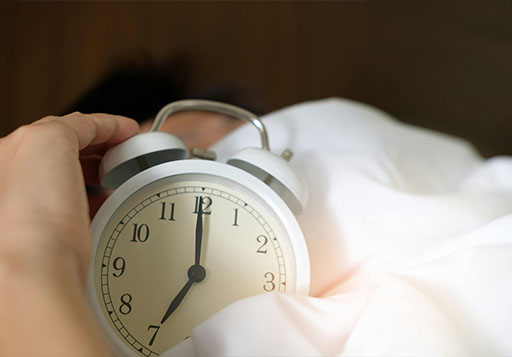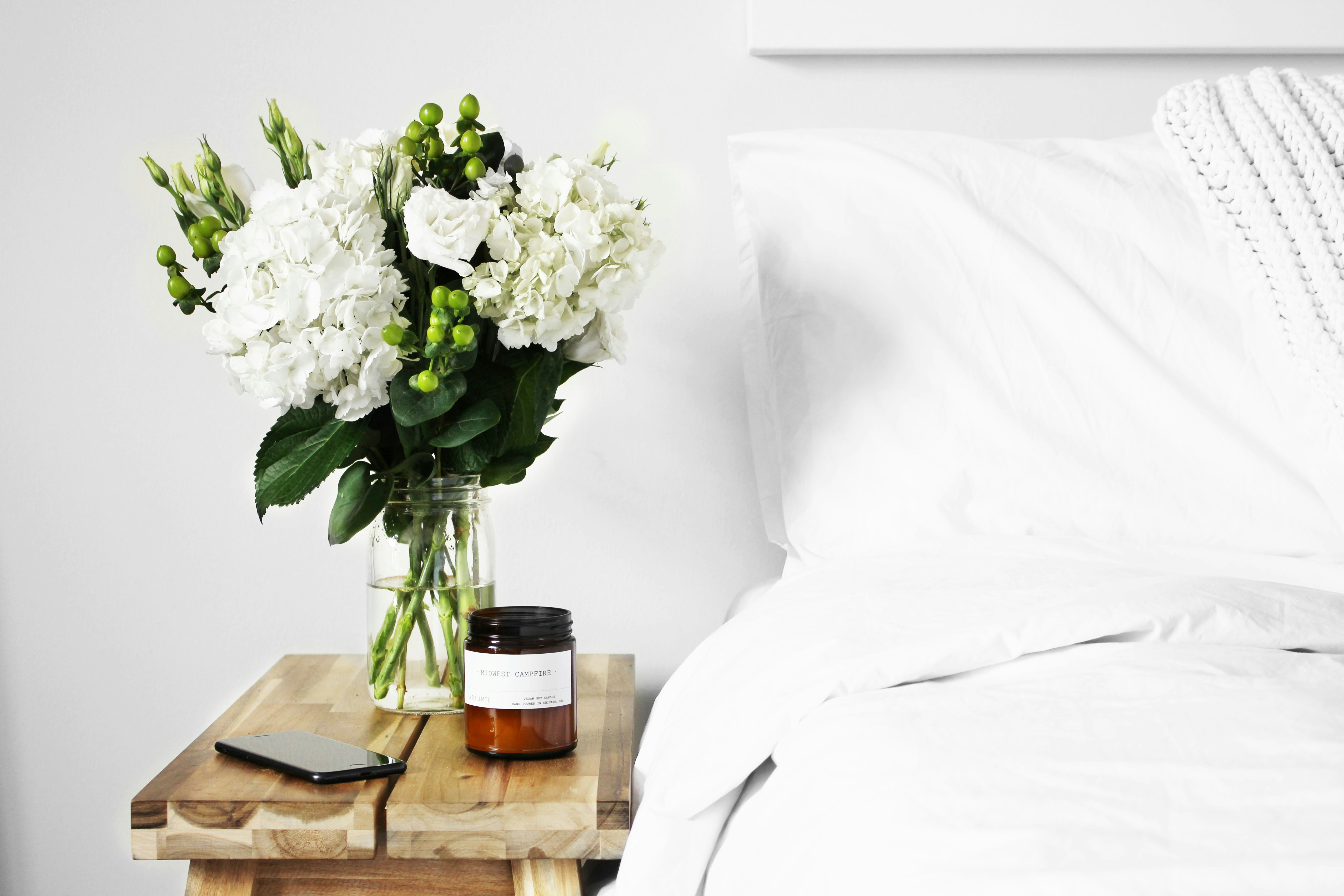How to Relax Before Bed: 8 Relaxation Techniques for Sleep

Author: Jonathan Warren
Sleep is such an important part of your overall health that if you find yourself struggling to nod off at night, you simply cannot ignore it. It could be stress, anxiety or some of your lifestyle choices that are contributing to a poor night’s sleep, but there are techniques and tricks for relaxing your body and mind for sleep.
For a sounder night’s sleep, look to introduce some of the following eight relaxation techniques.
1. Embrace mindfulness
Mindfulness is a growing trend for those looking to briefly disconnect from the stresses of the world and relieve their body and mind of tension. Consider something like meditation or calming yoga exercises that focus on breathing and relaxation.
They may take some time to master, but these techniques are designed to bring your mind and body to peace for just a few moments. If you manage to unburden yourself from life’s complications right before bed, you’ll increase the chance of you drifting off for a comfortable night’s rest.
2. Cut down on technology
Depending on your use, technology could be the main factor keeping you from some much-needed shut-eye.
The blue LED light emitted from smartphones, laptops and TVs reduces the amount of melatonin produced in your brain. A vital hormone for inducing sleep, it can leave you staring at the ceiling long after you’ve switched the device off. In our very own study on the subject, we found that those who watch TV or use a laptop or smartphone are destined for a poorer night’s sleep.
To combat this, many people consider their bedroom to be a tech-free zone. It could be a powerful technique for relaxing your mind quickly when you want to drift off.
3. Heat up your body
During the evening, a change in routine could help bring the calming state you need to fall asleep come bedtime. For example, making time for an evening bath can help relax your muscles and your mind.
Even if a bath is too much of a time commitment, a shower can still have the desired results. A hot shower brings your body temperature up. When you get into bed, that temperature comes back down, a process that will make you feel sleepy.
4. Try chamomile
Chamomile is a natural remedy that’s long been used as a stressbuster when added to teas or candles. Its calming aromas can help make you feel drowsy in the evening, so add a herbal tea bag to a mug of hot water and enjoy it on the sofa. As an additional benefit, the warmth will have the same impact as having a hot shower on your body temperature (albeit less drastic).
You’ll also find chamomile in candles and essential oils make for a heavenly evening bath. Other sleep-inducing herbal essences to look for are lavender and valerian root.
5. Stay away from snacking
Eating as an activity may seem like a calming experience for some, but it can spell disaster for your night’s sleep if done too late. Bedtime snacks keep your metabolism active, giving you a burst of energy at precisely the time you don’t need it. Depending on the quantity and type of food you eat, it can also increase the risk of a restless night through increases in body temperature or indigestion whilst asleep.
Some evidence even suggests that certain foods increase the likelihood of remembering nightmares.
Food should be kept off the menu at night if possible, but if you find you have a craving not long before bed, certain fruits could come to your rescue. Grapes are the only fruit to contain the sleep-inducing hormone of melatonin, helping create a sleepy, relaxed mind that’s ready to drop off. Bananas are a high-mineral fruit that contains magnesium and potassium, which calm and destresses muscles. They also contain the amino acid tryptophan, a sleep-inducing nutrient also found in turkey.
6. Exercise well before bed
One of the best ways to ensure your feeling ready to hit the hay each night is to use up your body’s energy stocks during the day. You’ll often find that after a day of lounging around doing very little, you aren’t quite ready to sleep at your usual time.
Exercise is one of the best stress relievers there is and has long been evidenced as an excellent way to improve your sleep. This substantial report in the Preventive Medicine Journal showed how those who don’t exercise regularly damage the quality of their sleep.
Pull your running shoes on or dust off the bicycle and get some exercise done during the day, releasing your mind of stress and anxiety to make for a sounder night’s kip. Just be sure not to exercise too late – you’ll need some time for your body to unwind for it to have the most positive effect.
7. Leave work in the office
One of the biggest stresses of everyday life is work. If we’re having difficulties in our job, then stress and anxiety can overlap into our private life. One way to exacerbate those burdens is to take your work home with you. When you leave the office, do your best to leave your workload behind.
Put down work laptops and phones and don’t hook your personal phone up to work emails. That way, you’ll remove the temptation to catch up on work before bed.
Some workplaces are beginning to take action by introducing digital detoxes or a leave in the office policy. These workplace trends are an acknowledgement of the damage that taking your work home with you can do to staff wellbeing. In France they’ve even introduced direct legislation; in 2017 they banned managers from sending emails to team members after hours.
8. Focus your mind
Ultimately, to set up a relaxing evening of uninterrupted sleep, you need to try and free your mind of the concerns of everyday life. The mindfulness techniques in point one can help with that, but if that isn’t your cup of tea, there are other ways to refocus your mind.
One popular activity is reading. It throws your imagination into a dramatic or exhilarating story for just for half an hour each night – but without the potential damage a TV or games console could do to your sleep. Some people find counting sheep to be helpful as it focuses your mind on something other than the outside world.
Sleep has long been established as the key to better health and wellbeing. If you find yourself up at all hours stressing, make a change and adopt a relaxation technique. It could be the key to seeing you off soundly to sleep each night.



